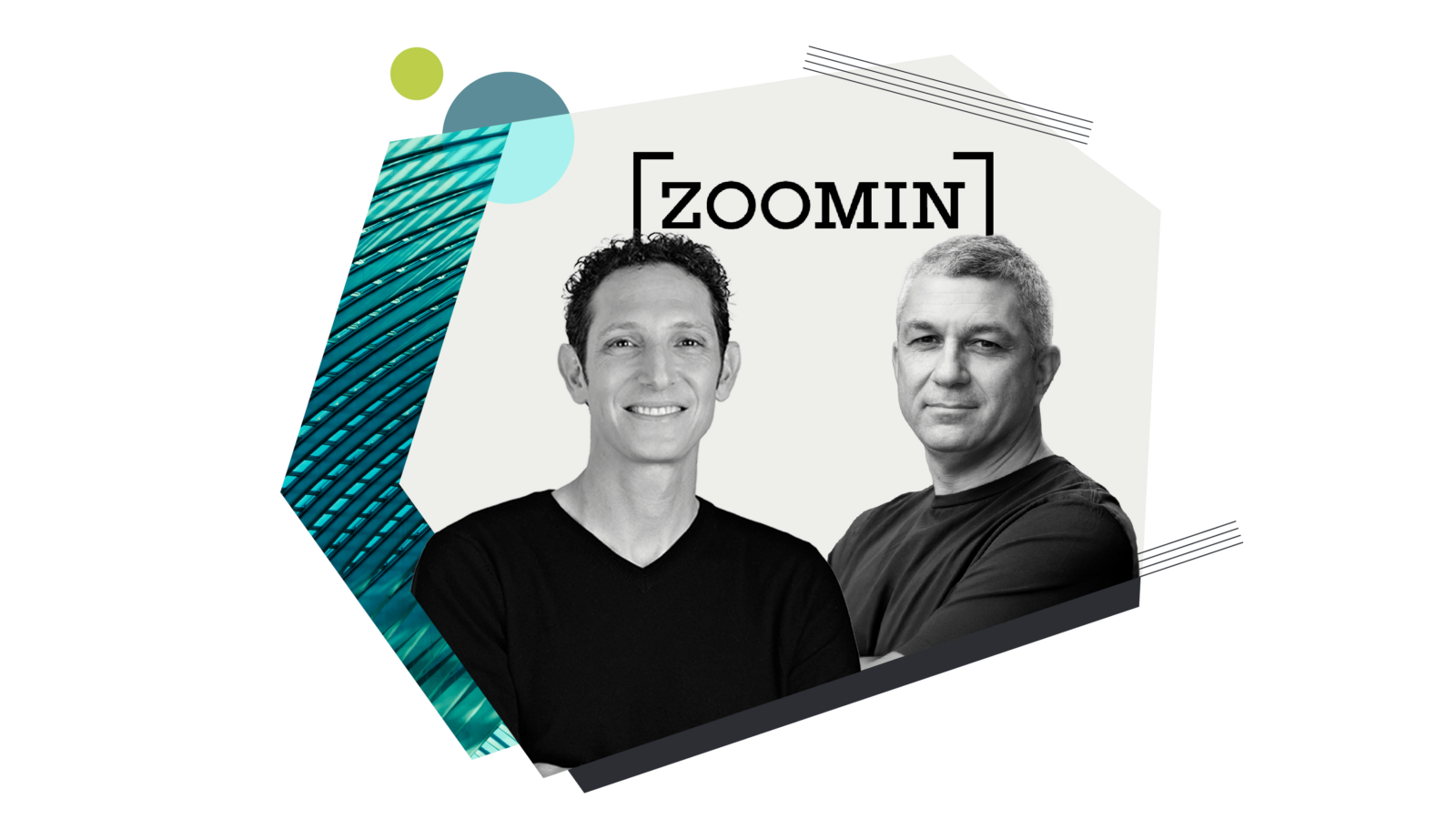PagerDuty CEO Jennifer Tejada on humility, tough calls, and the power of learning from a disaster
From childhood gadget geek to multibillion dollar tech CEO, Jennifer Tejada imparts wisdom from a career spent chasing excellence.
Since Jennifer Tejada’s first-ever experience with technology playing Atari as a child, she has been enamored by the infinite possibilities it offers. A self-proclaimed “gadget geek” from a young age, she would have contests with her older brother to see how fast they could put together or take apart electronic devices.
“I remember being deeply affected by the first time I saw code,” says Jenn. “I was struck by the realization that you could turn nothing into something. You could literally make a rocket launch with a series of zeroes and ones.”
These early tinkerings paved the way for a deep fascination with technology that propelled her to become a veteran CEO at PagerDuty. She led the company to IPO in April 2019, with a $1.8 billion valuation. PagerDuty also has the highest market capitalization of any female-led cloud company.
Jenn joined us on the Cloud Giants podcast to impart insights she’s gained throughout her career that other early stage cloud entrepreneurs should leverage.
Build something customers will love
In the early days of the developer platform business, conventional thinking dictated that vendors needed to sell top-down through an IT gatekeeper or a CIO to have any chance of cracking the enterprise. PagerDuty was among the first handful of companies to turn this traditional wisdom on its head.
The secret to the company’s uncanny ability to bypass traditional budget holders? Pure, unadulterated customer love. Customers at the individual contributor level adored the product so much they not only adopted it, but spread the word and drove significant expansion within their organizations. “I think that's particularly salient here because this is a product that tells you when something is broken,” says Jenn with a chuckle. “You're getting alerted and called out of bed in the middle of the night.”
But instead of being frustrated by alarm bells in the wee hours of the night, customers loved the product because it allowed them to filter out the noise. They could trust that when their PagerDuty notification went off, there truly was a dire matter that needed their attention. The product was helping them prevent big incidents that could easily ruin their professional reputation or irreparably damage the business.
Jenn recalls customers who would begin meetings by profusely thanking her and her team for making their lives easier. This customer delight at the user-level meant that the team could take advantage of both top-down and bottom-up sales motions simultaneously, a major factor in the company’s success.
Know when to pass the torch—and do so gracefully
As a founder, you need to know when to pass the torch. Alex Solomon—co-founder, former CEO, and current CTO at PagerDuty—did just that. The idea for the company came to him when he was running developer operations at Amazon—and literally had to carry a pager to be alerted about any urgent technical issues. This was exactly the kind of intimate knowledge of the customer and founder that made him the ideal product leader and founding CEO.
But he quickly recognized that the skills and talents that allowed him to land the first $50 million in ARR were not the ones needed to scale the business to an IPO. That’s when he started the search that led him to bring on Jenn.
Jenn heavily credits Alex for seeing past his attachment to the business he built from scratch—a bond so strong she likens it to a parent-child relationship—to recognize the need for a new leader. She remembers him stepping back fully enough for her to have full autonomy.
“It's rare that a founder can do that with so much humility and grace,” says Jenn. “It requires you to set aside your hubris and your own personal interest to put the company first. That's emotionally a lot harder than many people realize.”
Jenn too handled the transition with admirable emotional intelligence. When you’re taking over a role for someone, human instinct is to find ways to prove to others that you deserve to be there, explains Jenn. All too often, people resort to discrediting the work that was done before you to be seen as the “fixer.” But she felt strongly that such an approach would be damaging for the business and the culture.
“I wanted my transition into PagerDuty to be a victory lap for Alex. He did something that less than 3% of companies ever do—get from zero to $50 million in ARR,” says Jenn. “Just because I'm the person that has led the company from 50 to 200, doesn't mean that I'm any more important than the people who wrote the first chapters of this story.”
Don’t be afraid to evolve your executive team to meet changing demands
If you’re a founder who has just painstakingly crafted the perfect leadership team—congratulations. But don’t get too comfortable. “You have to constantly evolve that team,” advises Jenn, who estimates she changes her leadership team by 20-25% each year.
“When I joined the team, we had a leadership team with some really modern and cutting-edge skills that you might not find in a 20-year experienced veteran,” she says. “But some of these leaders just didn’t have the right experience for areas we needed to build, like enterprise product development, or enterprise go-to-market.”
Even though these are tough calls to make, Jenn rejects the common perception that it’s a bad thing when someone leaves a leadership role. Often, there’s simply a mismatch between the individual’s career ambitions and the company’s needs, and both parties would be happier with a transition. Jenn recalls some folks who loved the adventurous, early days of being a scrappy startup, but were less intrigued by the imperative to scale to a sophisticated enterprise business.
“Being open and giving your employees permission to tell you what they really want—their true motivations and their interests—is what can make those transitions smooth and constructive, as opposed to sudden and distracting for the business,” she says.
Never skip out on the opportunity to learn from a post-mortem
Jenn remembers her worst day on the job in searingly vivid detail. She was 30,000 feet above ground when disaster struck. A distributed denial-of-service (DDoS) security attack shut down half the internet, and Jenn worried that PagerDuty would go down with it because we have significant dependency on a number of cloud providers and cloud services. If the situation weren't already stressful enough, Jenn could only communicate with her team sporadically through a spotty WiFi connection.
“When trust and reliability is literally your number one value proposition to your customers, this situation is a nightmare,” she says. “I was so worried I’d let people down. A huge amount of stress and adrenaline started pumping because you want to act quickly and be decisive. But I had to make decisions with less than 10% of the optimal amount of information I'd have liked to have.” Luckily, Jenn and team were able to escape the incident with only a short period of website downtime, and only a few minor delays in the main application.
After this unfortunate event was resolved in October 2016, Jenn and her team were able to extract significant learnings that they could apply to protect the business against future possible security threats. “What I appreciate about Dutonians is that they always run through a postmortem when something goes wrong,” she says. “There's a lot of accountability around the action items and we get stronger from it.”
What’s more, Jenn attributes much of her company’s current resilience amidst the Covid-19 pandemic to the learnings that came from the incident. “It’s easy to skip extracting wisdom from stressful times after they’re over. You just want to move on to the million other things on your plate. But trust me, your future self will be so glad you did it.”





